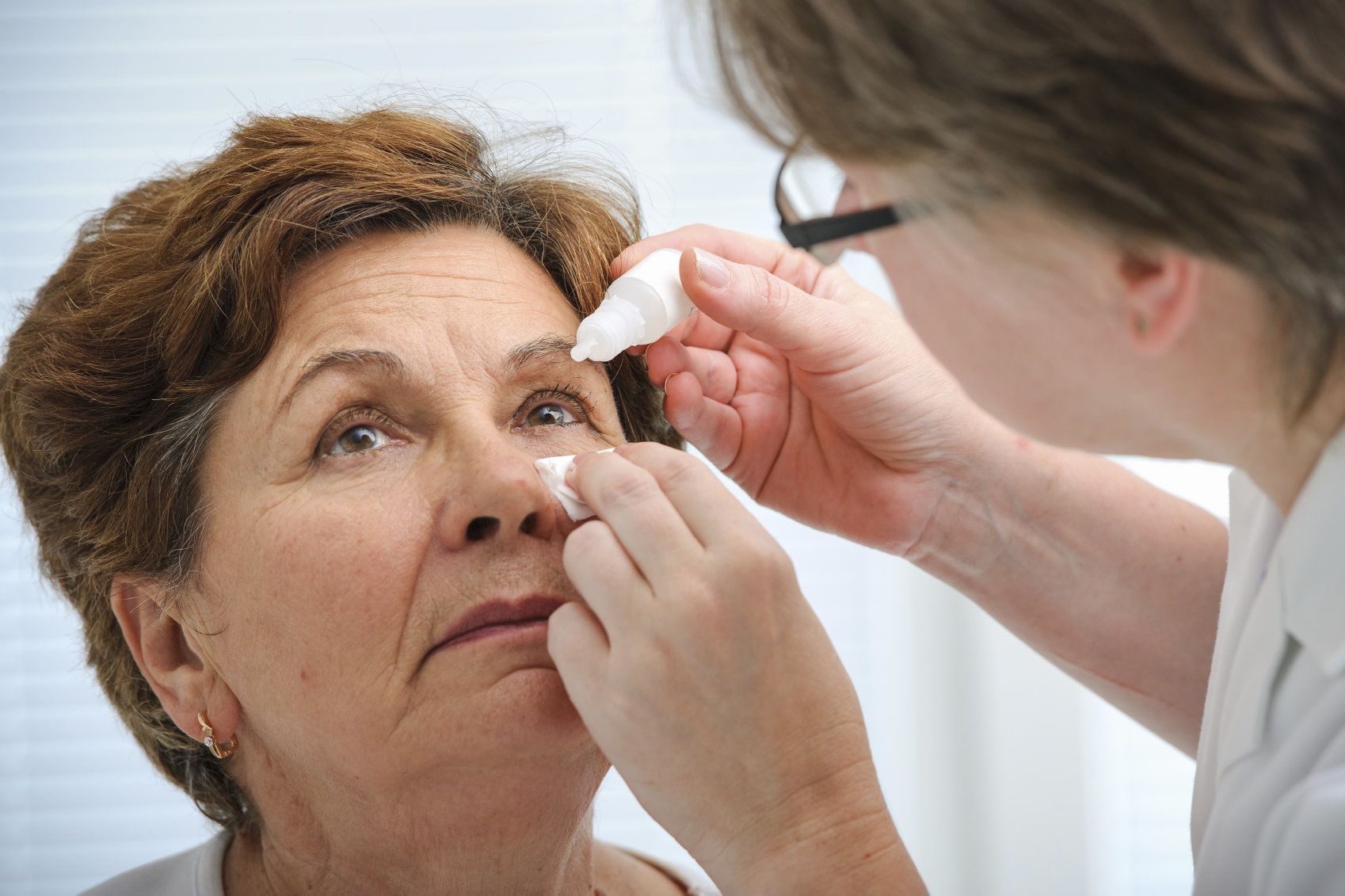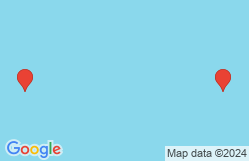 According to the Centers for Disease Control and Prevention (CDC), around 3 million Americans currently have glaucoma. What’s most distressing is that 50 percent of people who develop glaucoma didn’t realize they had the condition since early symptoms are difficult to detect. That’s why Dr. Raul Peña provides ample information about glaucoma risk factors and warning signs to patients in the greater Harlingen, TX area.
According to the Centers for Disease Control and Prevention (CDC), around 3 million Americans currently have glaucoma. What’s most distressing is that 50 percent of people who develop glaucoma didn’t realize they had the condition since early symptoms are difficult to detect. That’s why Dr. Raul Peña provides ample information about glaucoma risk factors and warning signs to patients in the greater Harlingen, TX area.
Glaucoma cannot be cured, but it can be managed to prevent total vision loss. Below we want to look at the medications that can be used to reduce pressure within the eyes (intraocular pressure).
How Glaucoma Medications Are Administered
There are two ways of administering glaucoma medications:
- Eye drops
- Oral medications
Generally, eye drops are the first types of drugs used when treating glaucoma. Pills/oral medications are usually used when eye drops alone prove ineffective. Let’s list the eye drops first and then note the use of oral medications.
Prostaglandin Analogs
These types of eye drops reduce the amount of intraocular pressure by helping fluid drain out of the eyes. These kinds of drugs include Bimatoprost/Lumigan, Latanoprost/Xalatan, Tafluprost/Zioptan, and Travoprost/Travatan.
Common side effects of prostaglandin analogs include:
- Blurry vision
- Red eye
- Itchiness of the eyes
- Stinging sensation in the eyes
- Changes to the color of eyelid skin
Beta Blockers
Beta blockers work by reducing the amount of fluid your eyes produce, reducing the pressure within your eyes. These kinds of eye drops include Betaxolol/Betoptic and Timolol/Betimol/Timoptic.
Common side effects of beta blockers include:
- Fatigue
- Depression
- Breathing issues
- Low blood pressure (hypotension)
- Slow heart rate
- Reduced sex drive
Alpha-Adrenergic Agonists
Like prostaglandin analogs, alpha-adrenergic agonists reduce intraocular pressure by promoting drainage of fluid within your eyes. These kinds of drugs include Apraclonidine/Iopodine and Brimonidine/Alphagan P.
Common side effects of alpha-adrenergic agonists include:
- Burning or stinging sensation of the eyes
- Fatigue
- Drowsiness
- Headaches
- High blood pressure (hypertension)
- Irregular heart rate
- Dry mouth
Carbonic Anhydrase Inhibitors
Carbonic anhydrase inhibitors help reduce the amount of fluid produced by the eyes. They are not as commonly used as other kinds of eye drops. These kinds of drugs include Brinzolamide/Azopt and Dorzolamide/Trusopt.
Common side effects of carbonic anhydrase inhibitors include:
- Blurry vision
- Stinging and burning sensation in the eyes
- Bitter taste in the mouth
Cholinergic Agents
Cholinergic agents reduce the size of the pupil to promote greater fluid drainage. They are not commonly used to treat glaucoma. These kinds of drugs include pilocarpine/Carpine/Isopto.
Common side effects of cholinergic agents include:
- Blurry vision
- Dim vision
- Nearsightedness (myopia)
Combining Glaucoma Eye Drops
For some patients, combining eye drops may be recommended in order to promote fluid drainage and reduce intraocular pressure. The ideal combination of drops can be discussed in greater detail during your visit to our Harlingen and McAllen offices.
A Word on Oral Medications for Glaucoma
When eye drops are ineffective, pills can be used to treat glaucoma. Most times, the oral medication prescribed is a carbonic anhydrase inhibitor. These oral medications include Acetazolamide/Diamox and Methazolamide/Neptazane.
Common side effects of oral carbonic anhydrase inhibitor include:
- Upset stomach
- Tingling sensation in the hands and feet
- Fatigue
- Frequent urge to urinate
- Lapses in memory
Contact Peña Eye Institute
For more information about treating glaucoma and helping you prevent blindness, be sure to contact a skilled eye care and vision correction specialist. You can reach Peña Eye Institute in Harlingen by phone at (956) 264-1200 and in McAllen at (956) 661-8733.

